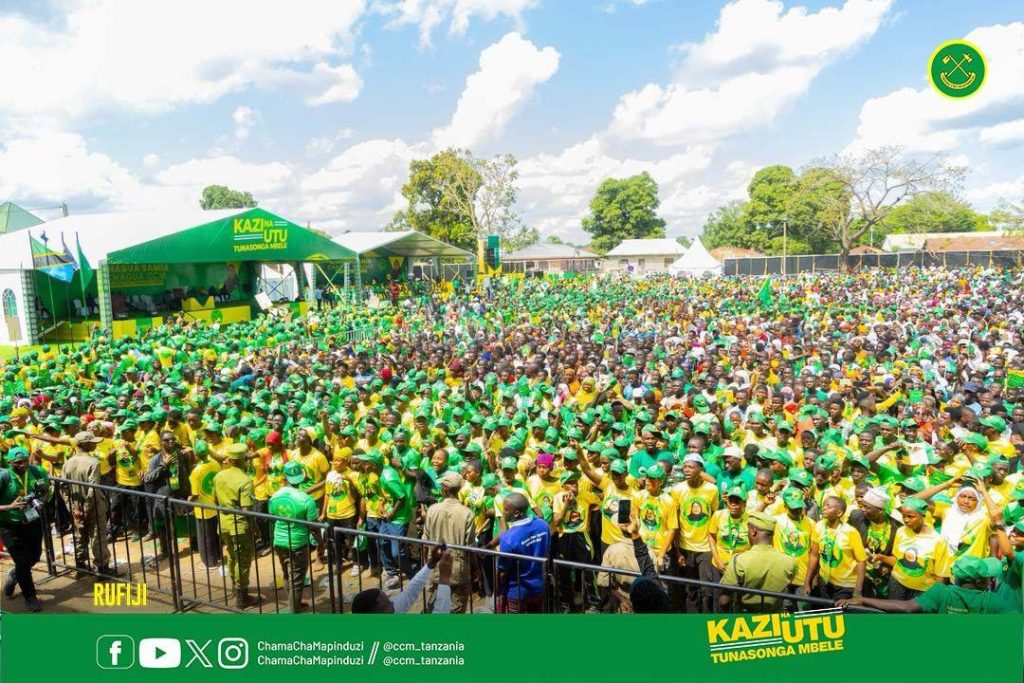Amnesty Accuses Tanzania of Widespread Human Rights Abuses Ahead of Elections

What Human Rights Violations Has Amnesty Reported in Tanzania?
Amnesty International has accused Tanzanian authorities of carrying out “systematic human rights violations” as the country approaches its October 29 presidential elections, which have already excluded key opposition candidates. The rights group says these abuses have intensified under the leadership of President Samia Suluhu Hassan, who initially gained praise for relaxing restrictions imposed by her predecessor, John Magufuli.
According to Amnesty’s findings, covering the period between January 2024 and October 2025, widespread abuses include “enforced disappearance and torture… and extrajudicial killings of opposition figures and activists.” The report, reviewed by AFP, is based on interviews with 43 individuals, among them witnesses, victims, relatives of victims, NGO members, and lawyers, alongside an analysis of images and public records.
In one of the most shocking cases, senior Chadema official Ali Mohamed Kibao, aged 69, was abducted in September 2024 and later found dead. Despite the launch of an investigation into his violent death, Amnesty noted that “no progress has been reported.” More recently, the disappearance of Humphrey Hesron Polepole, Tanzania’s former ambassador to Cuba and a vocal government critic, has raised further alarm.
Tigere Chagutah, Amnesty’s regional director for East and Southern Africa, stated that authorities “have ramped up their clampdown on the civic space and the right to participate freely in elections through the passing of deeply flawed legislation.”
How Has the Crackdown Affected Tanzania’s Political Opposition?
Tanzania’s leading opposition party, Chadema, has been blocked from participating in the upcoming elections after refusing to sign the Electoral Code of Conduct. Its leader, Tundu Lissu, remains on trial for treason, a charge that carries the death penalty. Meanwhile, Luhaga Mpina, the presidential candidate for the Alliance for Change and Transparency (ACT Wazalendo), was barred from standing altogether.
Amnesty’s report warns that the political landscape in Tanzania has sharply deteriorated, undermining fundamental freedoms and the country’s democratic process. What once appeared to be a period of reform under President Hassan now stands overshadowed by growing repression, deepening fears over the future of human rights and political freedom in the nation.
By Lucky Anyanje










